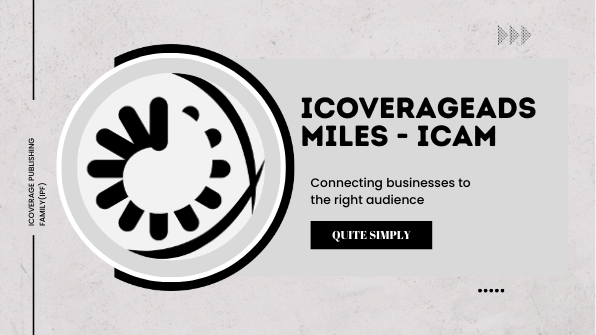Although JPMorgan has a history of being anti-crypto, but as the saying "If you can't beat them, join them" denotes, all anti-technology entities will sooner or later turn to leverage cryptocurrencies, we already see the Russian government doing exactly this, yes, everyone knows it's the weirdest of shits that could happen right now, but when it comes to establishing oneself in an ecosystem of this much opportunities, even the least expected can bend its ways, this is simply what is happening with Russia, plus the nature of traditional means of moving value around currently isn't in their favor due to the sanctions burning like coals on their heads.
I had yet another post on tokenization drafted, awaiting completion when I stumbled on the news and now I just have to speak more on this stance of one of the largest American banks.
Tokenization is really but a weird topic, in what sense?
The thing people don't understand is that tokenization takes up complexity, sensitivity and rigidity and turns it into simplicity, non-sensitivity and flexibility. Data most of the time, in its raw form at least is always a reflection of the above definition, but tokenization simply pushes all that to the corner and allows for better layers to be built on the "data" without of course, compromising its underlying state - we've deeply explained this in our introductory guide to tokenization in blockchain technology.
With all these known, is it still a question why JPMorgan is interested in leveraging this technology?
JPMorgan (JPM), the largest U.S. bank in terms of assets, remains steadfast on its roadmap for tokenizing traditional financial assets, largely undeterred by the current market and regulatory uncertainly blighting the public cryptocurrency markets.
As the platform ramps up, the focus would next move to tokenizing assets that are traditionally hard to finance, like money market funds, and using them for collateral purposes, said Lobban. Further down the road, Lobban expects to be doing blockchain-based issuances of an even wider range of assets, including tokenization of private funds.
“We think that tokenization is a killer app for traditional finance,” Lobban told CoinDesk. “If you think about private markets – private credit, private equity and private real estate – they are pretty much double the size of public markets, but many orders of magnitude less liquid, so there’s this huge disparity.
Coverage By Ian Allison, Coindesk
Well, that's a surprise, because my current draft of which I mentioned earlier is titled "Tokenization will aid the easy collateralization of real world assets and investments" and here we see JPMorgan talking about the exact same thing "collateralization", maybe I should merge the content?
I may have to write a later broader piece on the subject, but it's really inevitable that I'll have to explore the concept of "collateralization in relationship to tokenization" in the smallest bit at least.
You see, there's one common flaw in real world assets, they are highly illiquid assets, thus, are not quite efficient for financial transactions. Liquidating and extracting the values of a property isn't as easy as a reporter simply coming out to say "This building is worth $34 million", the reality of this statement is that the building has really just be built with probably anything from $6 million - $15 million max, sometimes lower and the owners want to take that big ass profit on top, but realistically speaking, unless someone is dumb enough or simply has "profitable" reasons to buy that building, it will undergo series of bidding before being sold.
When in comparisons, many stocks, which are a good traditional example of an asset can be easily liquidated in a flash(tokens may replace stocks regardless, to say), so this means that businesses can easy acquire loans using their stocks as collateral, Elon Musk did it, and he ain't the first, many investors understand this by now, and it's really a good way to avoid taxes - so I've read.
Tokenizing these illiquid assets enables them to have an "open market value" that is borderless and easily leveraged for diverse finance, business and economic activities. This means that all asset forms are bound to experience a change of state and will soon be value different as compared to their illiquid states and thus expand their utilities and contribute more to the global economy, an example of that "utility" is becoming a worthy collateral for all forms of financial transactions.
Posted Using LeoFinance Beta

